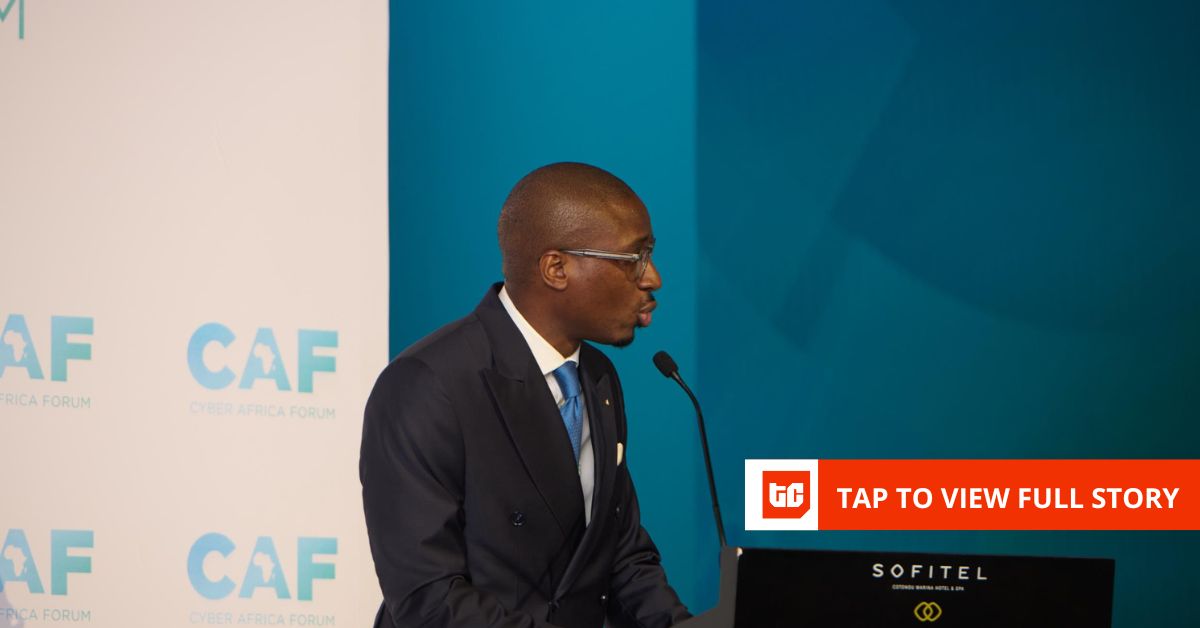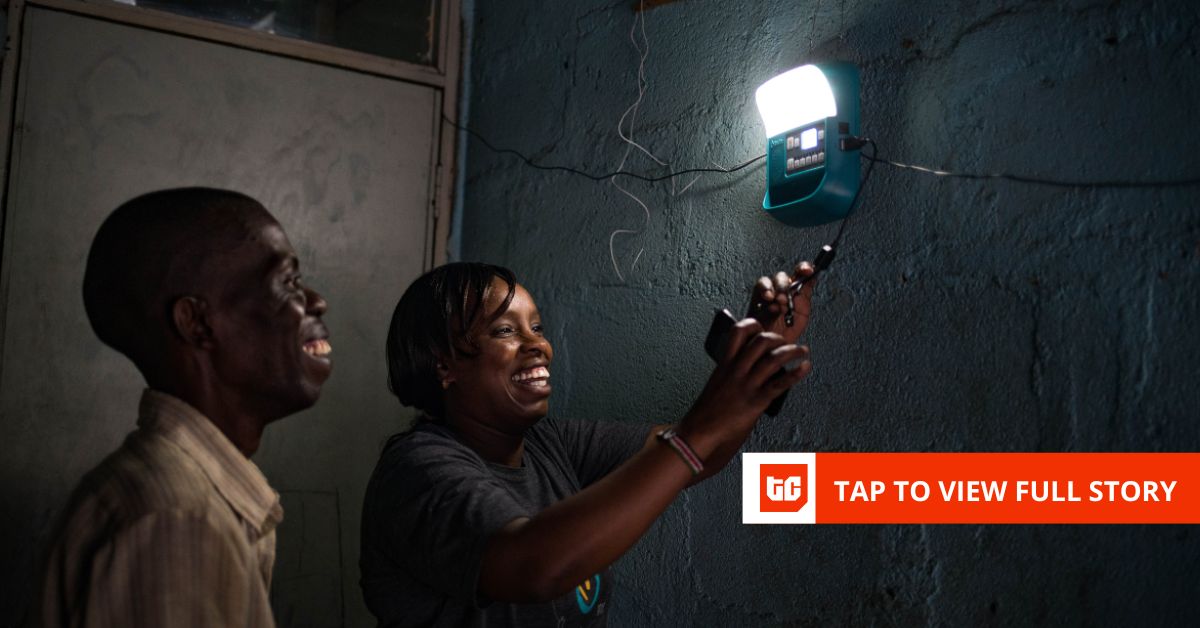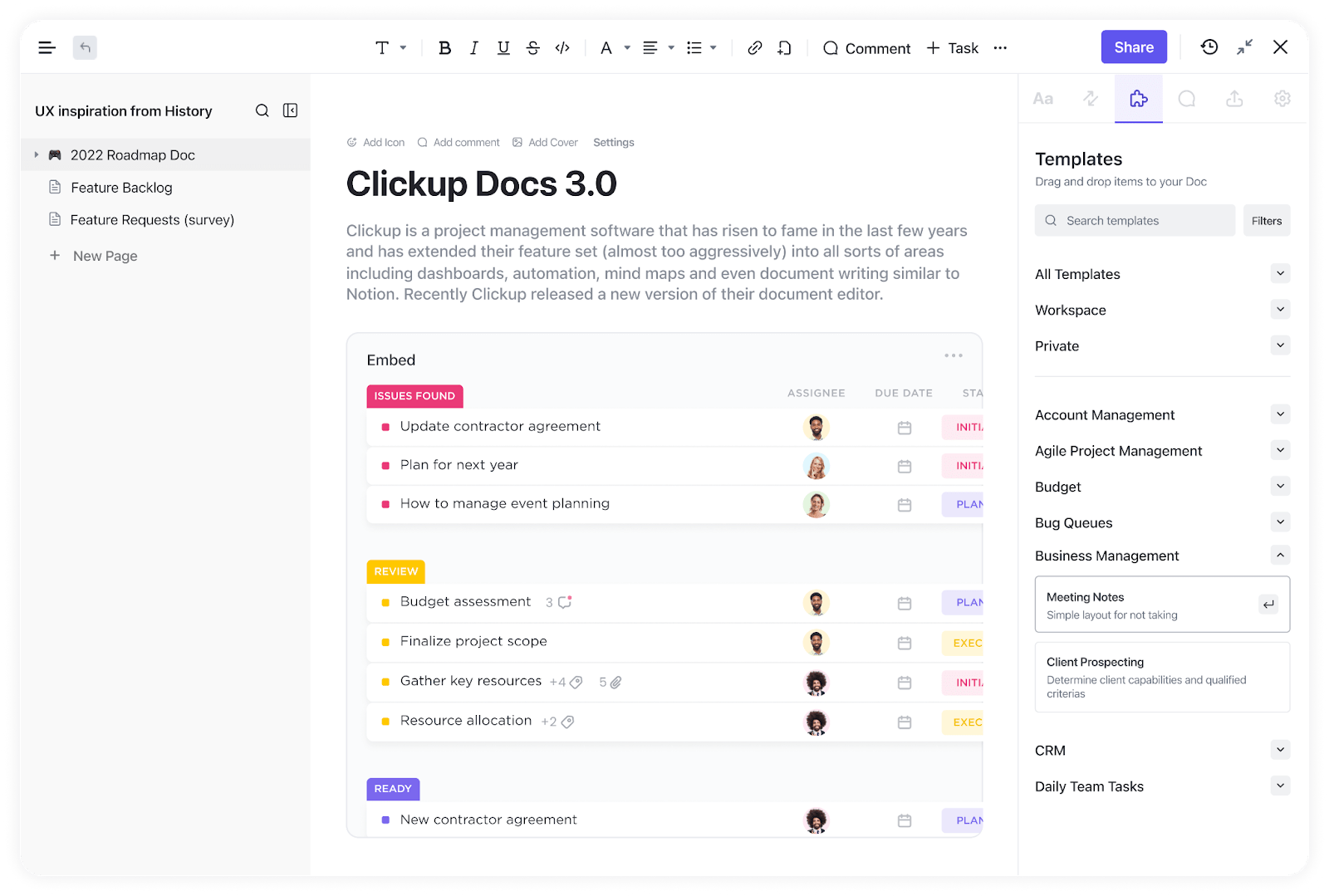The Republic of Benin rarely comes to mind when one thinks of Africa’s tech powerhouses. But the small West African country—bordering Nigeria and home to just 14 million people—is working to change that. With startup-friendly policies, a currency pegged to the Euro, and growing investor interest, Benin is positioning itself as a serious player in the region’s digital economy. That ambition was on full display at the Cyber Africa Forum (CAF), held in Cotonou from June 24–25, 2025.
Now in its fifth edition, CAF has quickly become one of the continent’s most important gatherings on cybersecurity and digital transformation. This year’s theme, “Resilience of Digital Ecosystems: The Necessity of Changing Paradigm,” underscored the urgency for African countries to reimagine digital sovereignty, infrastructure security, and public-private collaboration as cyber risks grow more complex and dynamic by the day.
The two-day forum brought together about 1,000 people, including ministers, startup founders, investors, telco giants, and cyber experts. From artificial intelligence to venture capital, education policy to critical infrastructure, the forum tackled the most pressing digital questions facing the continent.
But the central theme was clear: cybersecurity is no longer a technical footnote; it’s now a matter of national priority. “We’ve created this platform to enable everyone in the ecosystem to contribute to the discussions around cybersecurity and digital transformation,” said Franck Kié, founder and chief organiser of the forum. “And the rising number of government officials attending CAF each year proves how seriously that message is being received.”
The event featured high-ranking government officials, including Aurélie Adam Soulé Zoumarou, the Minister of Digital Affairs of Benin; Ibrahim Kalil Konaté, Minister of Digital Transition of Côte d’Ivoire; and Léon Juste Ibombo, Minister of Telecommunications of the Republic of Congo.
In his keynote, Redda Ben Geloune, CEO of AITEC group, urged Africa to stop being a passive observer in the digital revolution and instead take control of its narrative by investing in its infrastructure and talent. He praised recent efforts across the Francophone region: Côte d’Ivoire has launched national AI and digital governance strategies, with a cybersecurity agency set to be operational by April 2025; Senegal has unveiled a $1.7 billion tech transformation plan; and Benin has established a national data center.
Geloune outlined three urgent priorities. First, he called for sovereign infrastructure, citing Ethiopia’s sovereign cloud and Côte d’Ivoire’s investments as models for building local capacity in data hosting and computation. Second, he emphasised the need for digital education tailored to governance, advocating for the training of 1 million professionals—including legal and public sector experts—by 2030. Third, he stressed the integration of AI and cybersecurity into the core of government operations, warning that institutions must adapt or risk becoming obsolete.
Day 1: Africa is starved of patient and local capital
Day one saw discussions across the full spectrum. Panelists discussed everything from the need for patient and blended capital on the continent to how AI is driving growth in Africa’s economy and the current state of cybersecurity on the continent.
The call for patient capital first surfaced during my conversation with Benin’s Minister of Digital Economy and Communications, who made the case plainly: Africa needs a different kind of money to thrive. It’s a sentiment shared by many across the continent and ro resurfaced during an investor panel.
Panelists agreed that Africa’s innovation economy can’t be built on short-term returns. What’s needed is patient capital—money that understands the long arc of startup growth—and blended finance structures that de-risk early bets by layering donor support, technical assistance, and guarantees.
Over 80% of startup funding on the continent comes from foreign investors. That dependency, panelists warned, creates blind spots. “Why do so many African startups incorporate in the U.S., Dubai, or Mauritius?” asked Charles Kie, Director General of Genesis Group. “Because those places offer the legal security and patience investors demand. We need to create that environment here.”
Much of the responsibility, they argued, rests on the shoulders of local investors. But a fundamental gap remains: many domestic investors are still unfamiliar with the venture capital model. Changing this cultural orientation towards high-risk, long-horizon investing is critical to unlocking local funding.
“We can’t expect African startups to scale on foreign capital alone,” one panelist noted. “Our own investors have to step in and stay in.”
Ghislaine Samaké, CEO of Ecobank Guinea-Bissau, outlined what blended capital can look like in practice. “At our bank, we had to turn to several hybrid structures, blended finance mechanisms that include first-loss guarantees,” she said.
She cited a program in partnership with the World Food Programme (WFP) that channels microcredit to rural farmers. “WFP provides the guarantees and technical support. We do the scoring and lending. It lowers our risk and makes financial inclusion viable.
One of my favorite conversations at the event was the keynote by Irene Auma, Visa’s Head of Risk, on the state of cybersecurity on the continent. According to her presentation slides, across the world, $1.3 trillion is lost to cybercriminals annually. These threats have been exacerbated by advancements in AI and deepfakes, exploitation of technology, and customers being the weakest link.
Yes, you read right. VISA’s Head of Risk says you and I are the weakest link in cybersecurity threats. Auma’s point was reinforced when the head of MTN Benin, Uche Ofodile, shared during another panel how she almost fell for a phishing test her company’s IT was running.
Day 1 closed out with panelists on the AI panel divided on whether or not Africa should have sovereign data for its AI. While the four-panel team argued for and against data sovereignty, one question stuck out for me: Is there a market for sovereign AI data in Africa?
Day two: Resilience, culture, and the rise of Africa’s cyber talent
Day two rode on the high that day one finished with. Key panel discussions tackled pressing topics such as addressing cyber threats in the era of resilience. Elsewhere, industry leaders debated whether cultural factors would shape the future of the digital economy.
The day’s standout moments included a keynote address from Kaspersky and the highly anticipated HackerLab cybersecurity hackathon, co-organised by Benin’s Agency for Information Systems and Digital (ASIN) and the Cyber Africa Forum (CAF). For 48 hours non-stop, the continent’s top young talents faced off in demanding technical challenges in a Capture The Flag (CTF) format, around the theme “Project 403: Escape from the Digital Maze.” After a qualification phase that brought together more than 500 participants, 20 finalist teams—80 young cybersecurity enthusiasts—tackled the challenges set by bjCSIRT experts in a simulated technical environment.
At the end of the competition, team BJ_S3C clinched first place with a prize of 2 million CFA ($3,567), team BoB was second, and received 1.5 million CFA ($2,675). The third-placed team, st34lthy, received 1 million CFA ($1,783). In addition to the main awards, several participants were recognised for their contributions to the field. Ouanilo Médegan-Fagla received the Lifetime Achievement Award. Ismene Deguenonvo was honored as Cyber Africa Woman, and Francisca Djossou was named Ambassador of Cyber Africa Women.
The conference closed out with a fancy cocktail event at the Novotel, where guests enjoyed live music, laughter, and the kind of spirited conversation that only happens when great minds and good vibes collide.
As the final notes from the live band drifted through the Novitel’s shimmering lights, laughter and conversation mingled with the clink of glasses, a fitting end to a conference that was as much about connection as it was about code. If the rest of Africa is looking for a masterclass in how to blend business with pleasure, they’d do well to take a page from Benin’s playbook.
Mark your calendars! Moonshot by is back in Lagos on October 15–16! Join Africa’s top founders, creatives & tech leaders for 2 days of keynotes, mixers & future-forward ideas. Early bird tickets now 20% off—don’t snooze! moonshot..com












